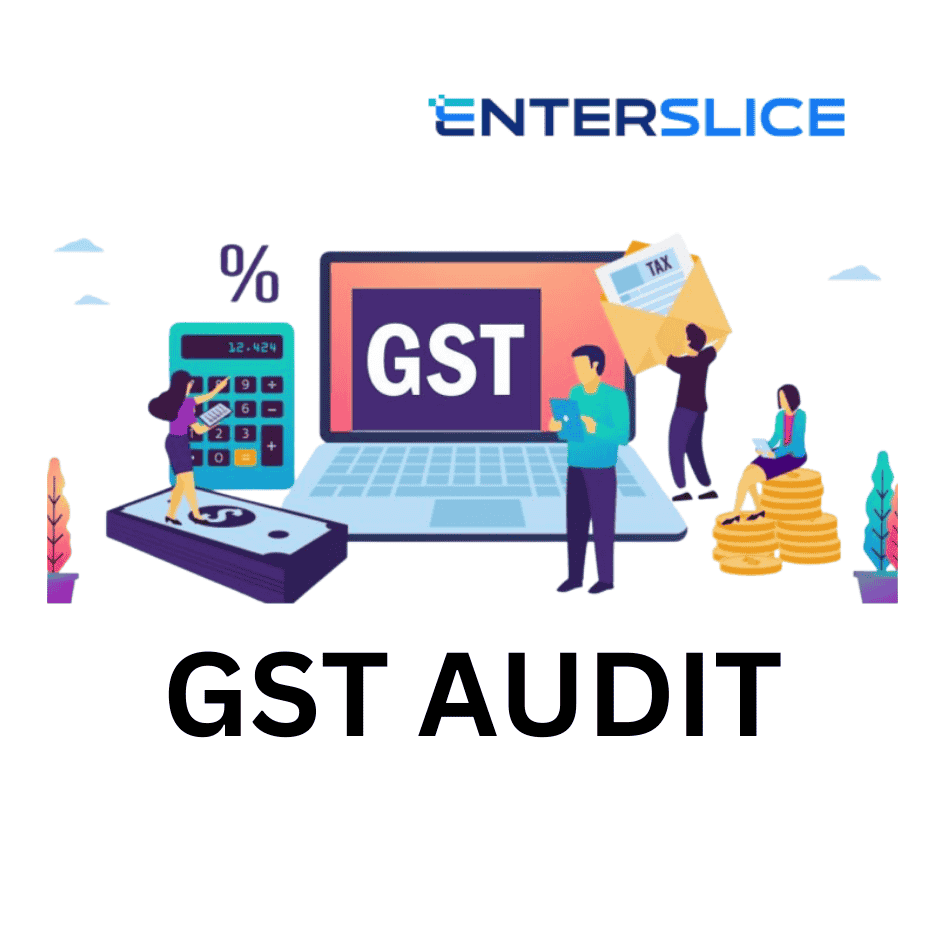


A GST audit ensures compliance with tax laws for businesses with turnovers over ₹2 crore, checking records and ITC claims to avoid penalties.
Goods and Services Tax (GST) has brought significant tax reforms in India, simplifying compliance for businesses. However, while GST has streamlined the system, the concept of GST audit ensures that businesses are following their tax obligations properly. If you are running a business, it’s crucial to understand GST audit for businesses. In this blog, we will explain GST audit in detail.
A GST audit involves the examination of a business’s financial records and GST returns to ensure everything is accurate and that no tax has been evaded. An auditor reviews whether the tax liability has been correctly calculated and paid.
Key Objectives of GST Audit:
Certain criteria have been set for GST audit. Businesses with an annual turnover of over ₹2 crore are required to undergo a GST audit of their accounts. This limit applies to every financial year.
Example: If your business has a turnover of ₹3 crore, you will fall under the GST audit and must get your records audited by a certified Chartered Accountant or Cost Accountant.
Audit Threshold:
GST audit is categorized into three main types:
This audit is mandatory for businesses with an annual turnover exceeding ₹2 crore. In this case, the business must get its accounts audited by a Chartered Accountant (CA) or Cost Accountant.
This type of audit is conducted when the GST department itself decides to check a business’s records and filings. The department wants to ensure there is no non-compliance or fraud happening.
Process:
A special audit is conducted when tax authorities suspect significant discrepancies in the financial records. This audit is recommended by the Assistant Commissioner and is also performed by a CA or Cost Accountant.
Conditions for Special Audit:
The GST audit process follows a step-by-step approach, where businesses must undergo a thorough inspection of their records. Here are the key steps followed during the audit:
In the first step, if your turnover exceeds ₹2 crore, you must appoint a Chartered Accountant or Cost Accountant to conduct your GST audit.
The business should have its GST returns, financial statements, purchase and sales invoices, Input Tax Credit (ITC) records, and bank statements ready. The auditor will review all these documents.
The auditor will verify that the GST returns you have filed match your financial statements. Any mismatch needs to be rectified.
The correct calculation and claim of ITC are reviewed during the audit to ensure that no mistakes have been made in claiming ITC.
After the audit, the auditor prepares a final report which is filed along with the GST Annual Return (GSTR-9C). This report informs the department if the business’s accounts and GST returns are accurate or not.
Certain specific documents are required for the GST audit, which must be provided to the auditor. Here are some essential documents:
Providing these documents accurately and timely ensures a smooth GST audit process.
The GST audit ensures compliance and accountability for businesses. If your business exceeds the threshold limit, it is mandatory to get your records audited. This blog on “GST audit for businesses” provides you with a comprehensive understanding of the audit process, required documents, and the impact of non-compliance. Therefore, take your GST audit seriously and consult professionals for expert guidance.
Also, Read:
